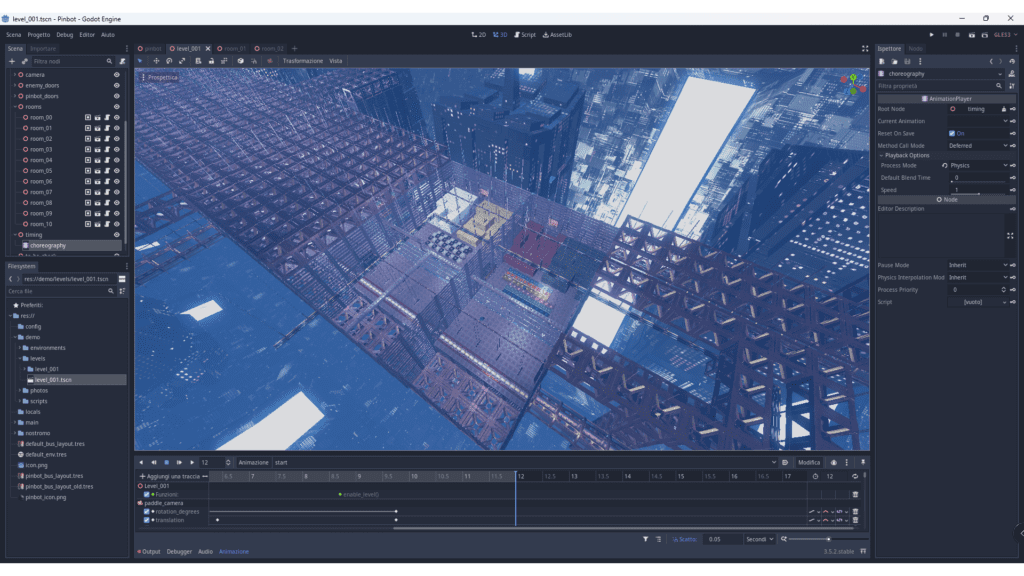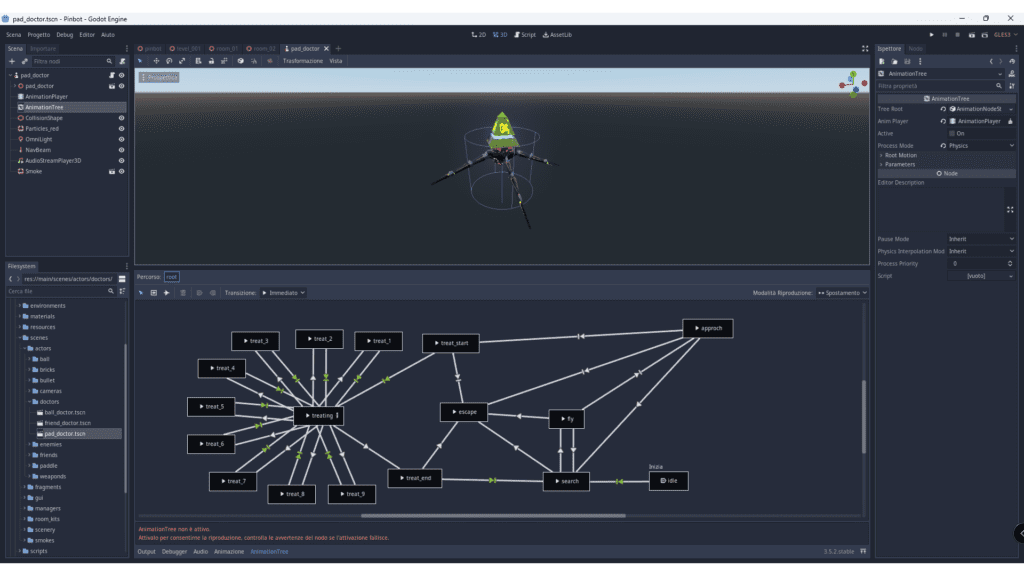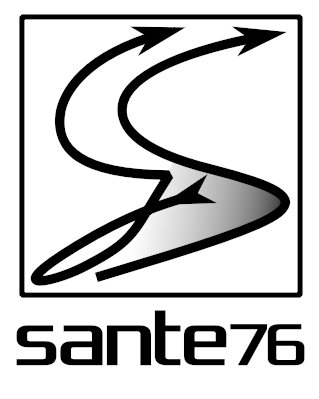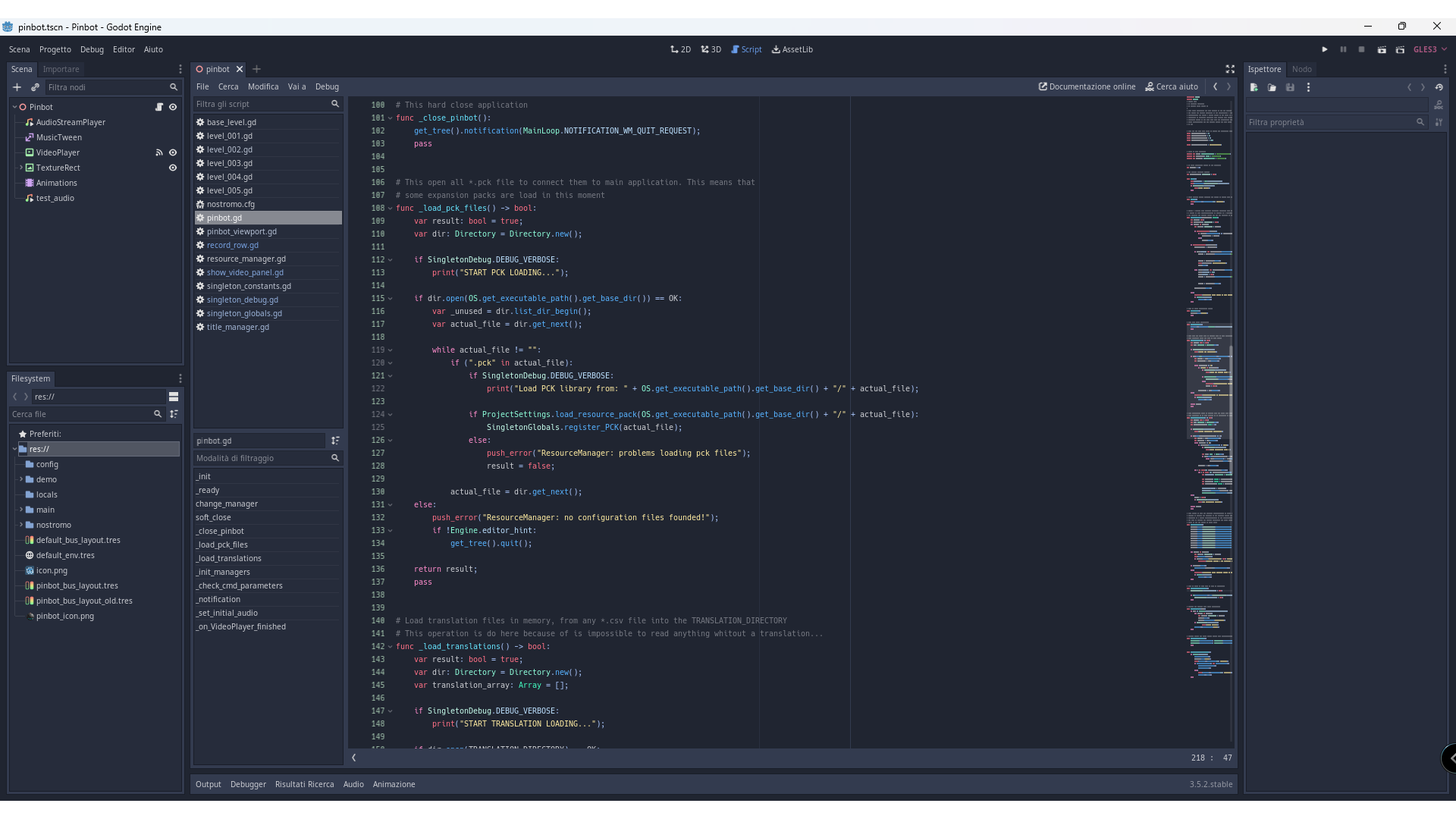Navigating the world of coding within my context requires immersing myself in the intricacies of the Godot game engine. The discovery of Godot in 2019 served as the starting point for my journey, ultimately culminating in the development of my inaugural commercial game, ‘Pinbot’. Initially, my engagement with the software was centered around exploring its features. However, over time, I became inexorably captivated by the creative process, leading me to shape ‘Pinbot’ into its final form. For a more in-depth exploration of this journey, you can delve further into the detailed narrative.

This page, however, focuses on the broader aspect of coding, encompassing not just ‘Pinbot’ but the overarching experience with the Godot game engine. While the narratives eventually converge, allowing me to avoid repetition, here, I delve into the essence of the game engine and the unique sentiments it invokes.
In the “About me” page, I touched upon my disappointment surrounding the discontinuation of XNA. Primarily, this sentiment stemmed from the weariness associated with navigating the intricacies of the libraries provided by Microsoft. In 2013, Microsoft decided to retire XNA, a platform I had dedicated a couple of years to studying. Ultimately, my frustration was accentuated by the fact that, while XNA was powerful for 2D graphics, its development was comparatively more challenging than Godot. The absence of WYSIWYG (What You See Is What You Get) tools in XNA added an additional layer of complexity.
On the same page, I’ve also shared thoughts about Unity and why I chose not to invest time in learning it. Interestingly, recent news (2024) aligns with concerns I had at the time, as the CEO of Unity attempted policy changes for the platform. My apprehension about potential shifts that could make Unity, akin to XNA before, a less favorable choice for substantial projects, appears to have been justified, given the recent developments. It’s worth noting that, as of now, I’m still not generating income from computer programming in any form, and I continue to navigate this journey without the financial capacity to invest in tools or software.
And then comes Godot. Godot is, first and foremost, a game engine that stands tall against others without a hint of inferiority. Numerous comparison videos pit it against rival game engines, and consistently, Godot makes a strong and favorable impression. Yet, what sets Godot apart is that, unlike its counterparts, it proudly wears the badge of being an open-source software. This fact carries profound implications. On the most basic level, it’s free to use, free in every conceivable sense. More significantly, I’ve never witnessed a robust open-source software left to wither away. When its original creator moves on, the community often steps up, taking ownership and ensuring its continued existence. I am confident the same could be said for Godot. Presently, the individuals developing and managing it express genuine pride in the project. Hence, there is a reassuring certainty that they never contemplated abandoning it.
This is precisely why I chose Godot as my primary tool. I align with the belief that programming languages, compilers, and other software are merely tools. In essence, I consider myself the type of programmer who acknowledges that the skills of programmers and artists are inherently independent of the tools they use. Whether it’s Unity, Unreal Engine, or others capable of managing 3D worlds, I am confident that Pinbot could have been developed with any of these game engines. However, the choice of Godot resonates with the comfort it provides in maintaining reasonable development times, all while assuring me that it will stand the test of time into the future.

On the other hand, long ago, I came to the realization that industries operate with a clear agenda—they scrutinize incoming profits and make decisions that can alter the lives of those who put their trust in them. At times, these decisions can swiftly dismantle the efforts and dedication of individuals in the blink of an eye.
I find the need to motivate myself, especially when advocating for open-source software while selling my games through editors. The reality is quite straightforward. Games are not a necessity for survival; they serve as a means to spend leisure time and find relaxation. I am confident that even if, by some magical force, all video games were to disappear tomorrow, life would go on, albeit with a touch of frustration. Personally, I’m not affluent—I live comfortably but on the verge of mere survival, much like many others. While additional income could undoubtedly ease my circumstances, I genuinely aspire, if I do earn, to allocate a portion of it towards supporting organizations dedicated to the development of open-source software.
However, as I write these words, the future remains uncertain. Pinbot is not yet published, and its existence is known to only a handful of people. The unknowns that lie ahead make planning for the future a challenging yet hopeful endeavor.

